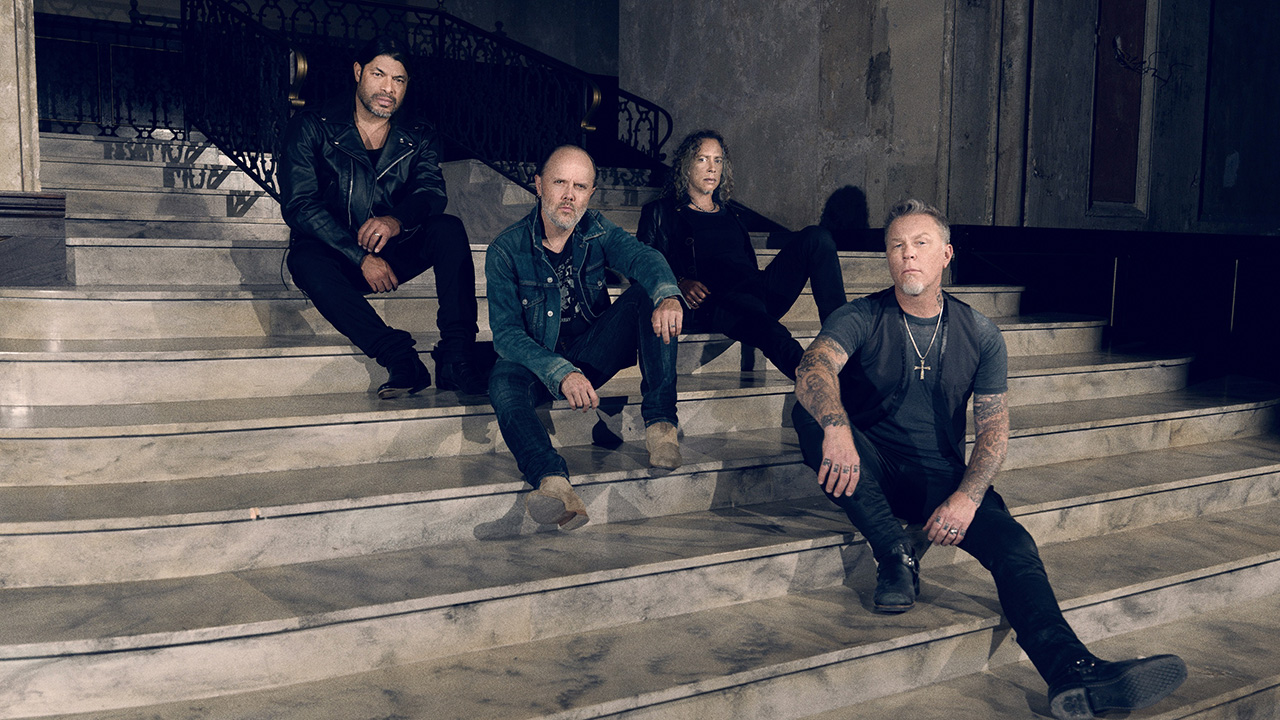It's fair to say that as far as metal's legacy is concerned, Metallica have done more than their share to keep the torch burning – and they have the back catalogue to prove it. Still, as with any band who've been around as long as they have, some eras have proved patchier than others – and their output since the turn of the century has been divisive, to put it diplomatically.
However, for those of you who might think Metallica's best days are behind them, Lars Ulrich has different ideas.
In the latest issue of Classic Rock, which is on sale now, the drummer promises the follow up to 2016’s Hardwired...To Self Destruct will be the best album they’ve ever made. “It’s the heaviest thing, the coolest," Ulrich says. "But all kidding aside, if it wasn’t because we thought that the best record was still ahead of us, then why keep doing it?
"In Metallica we love the creative process, and it’s hard for me to imagine that we’ll ever stop making records."
Ulrich spoke about the new record earlier this year, telling Rolling Stone that the band have been hard at work, and that they were “three, four weeks into some pretty serious writing”.
“Writing always makes me feel enthusiastic about what’s next. It’s like, 'Fuck, there’s an opportunity here to still make the best record, to still make a difference.”
Although Metallica’s greatest work might be on the horizon, the chance to experience the new album live might be slightly further out of reach. Earlier this year, Ulrich told CNBC that it could be a year, "at the earliest'' until live music makes a return.
"The good news on the live concert front," he added, "[is that] when Metallica and other bands like Metallica play big arena or stadium concerts again, then you can pretty much count on the fact that COVID, as we know it now, is over.”
Grab a copy of the latest Classic Rock to read the full interview. We take a look at Classic Rock’s Top 50 Albums Of The Year and the standout reissues, with features including FM, Mark Kelly, Diamond Head, Keith Richards, Jimi Hendrix, Phil Campbell and George Thorogood.

